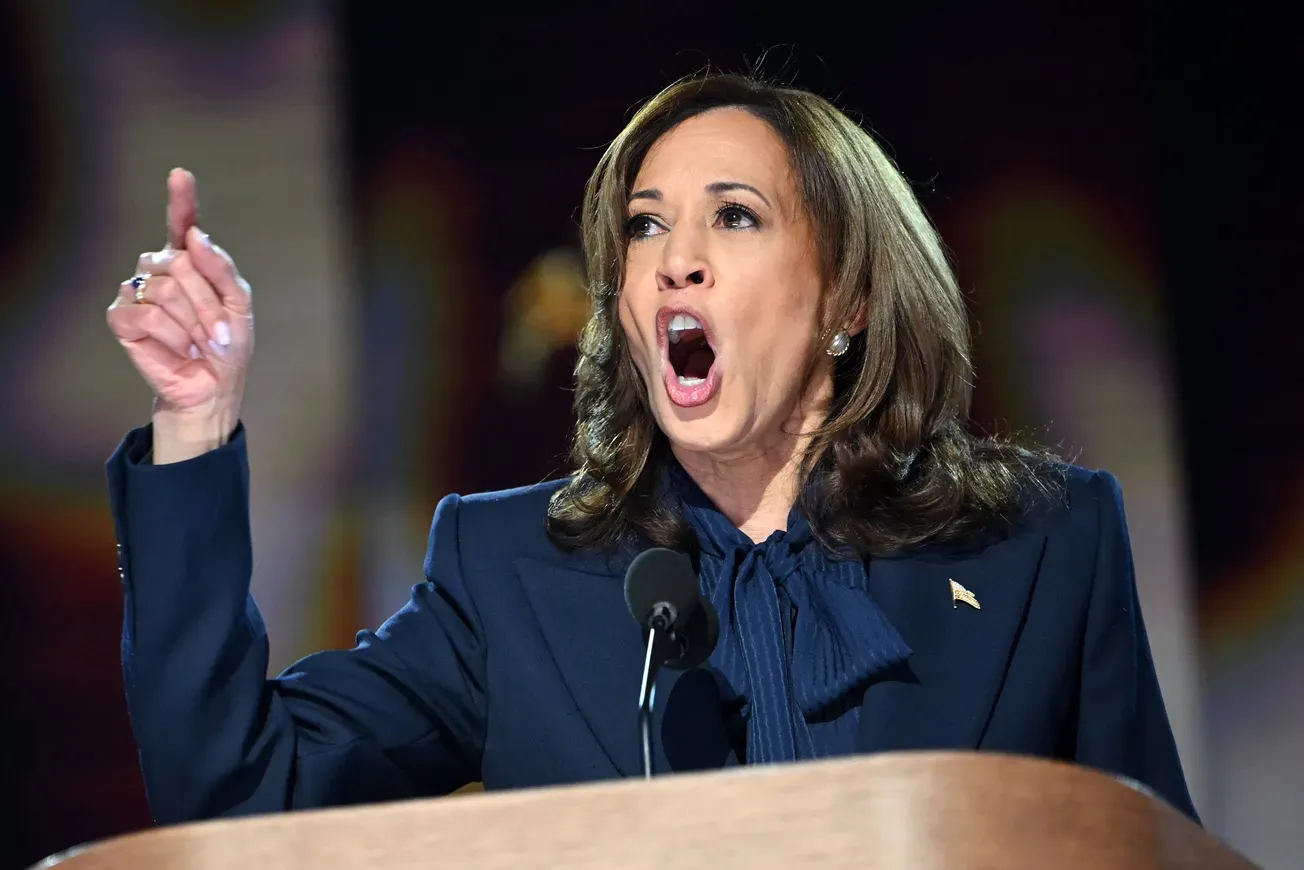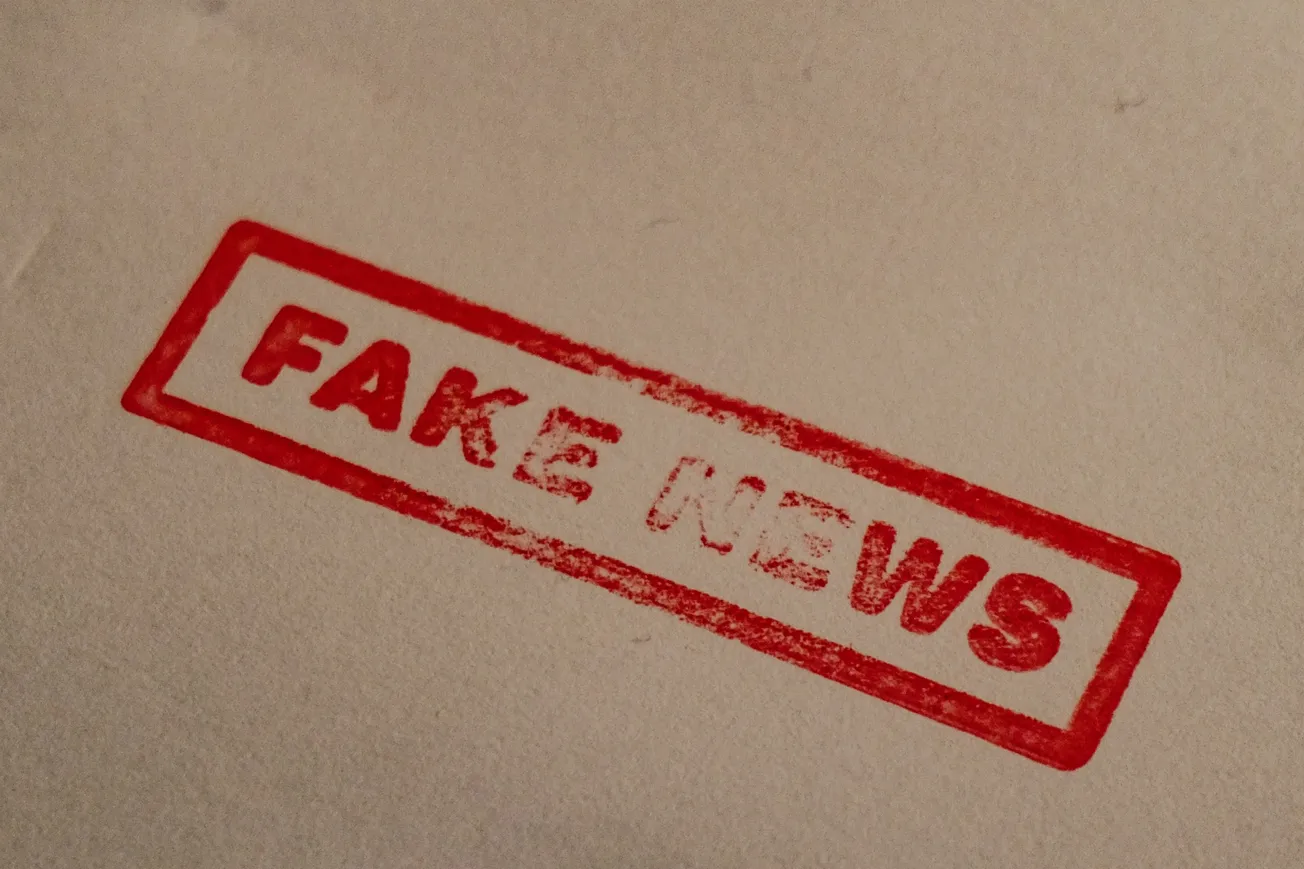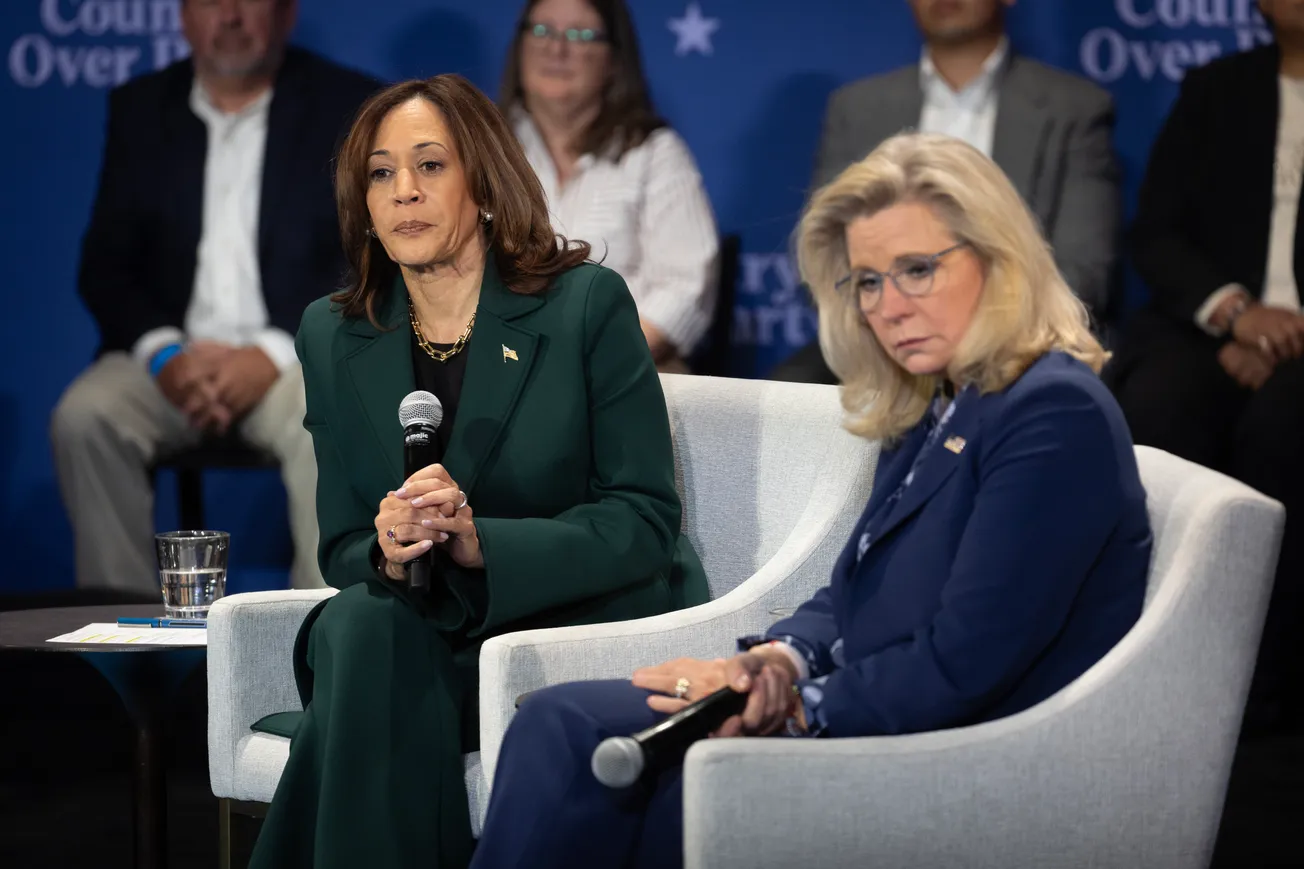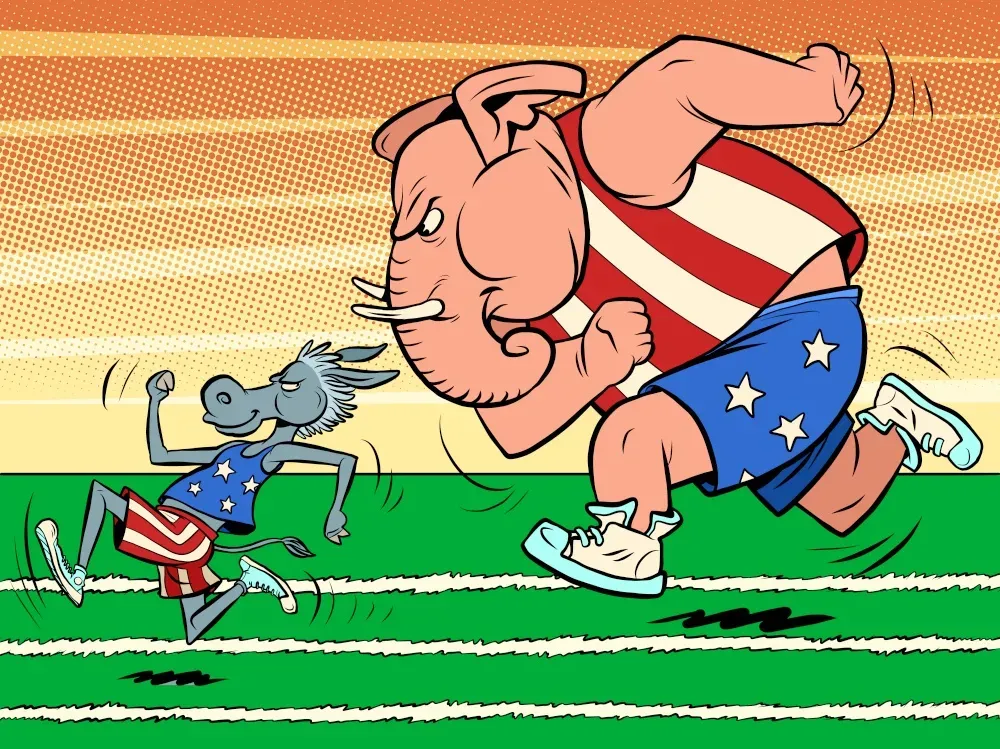Two Washington Post headlines said it all. In coverage unthinkable a few weeks ago, the first read: Ukraine's hopes for maximal victory look remote. The second said: Ukraine (is) running out of options to retake significant territory.
The New York Times headline was even more explosive, exposing Western governments' military strategy to spend billions on training Ukrainian soldiers: Ukrainian Troops Trained by the West Stumble in Battle.
Lamenting that significant gains would likely be elusive this year, The Wall Street Journal was already looking ahead: Ukraine's Slog Prompts Focus on Next Year's Fight.
George Glover of Business Insider shone a light on the effectiveness of Western sanctions with this headline: Russia got richer even as the war in Ukraine raged on last year, while the West shed trillions of dollars of wealth.
In Europe, the coverage was equally unfriendly. The Economist, which like the UK government, has been an early and steadfast Ukraine supporter, grumbled that Ukraine's sluggish counter-offensive is souring the public mood.
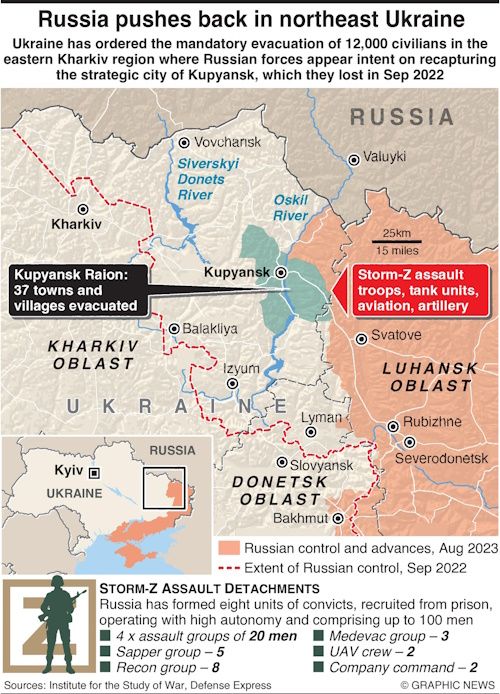
As President Biden and Congress rush to finalize a $21 billion emergency funding package for Ukraine, with more money for the war-torn country than even for domestic priorities in Hawaii and California, Americans of all political persuasions and stripes are beginning to question the folly of supporting Ukraine in a war that is destroying it. John J. Mearsheimer, a Wendell Harrison Distinguished Service Professor of Political Science at the University of Chicago, is even more direct, calling the West's policy in Ukraine a "disaster."
And everywhere one looks, it has indeed been disastrous. In the UK, the Bank of England raised interest rates for the 14th time in a row, bringing the cost of borrowing to 5.25%, the highest level in 15 years, and indicated that it was not done yet. Millions of Britons face food insecurity and complain that government cuts to aid are forcing them to line up in front of food banks operated by charities.
In Germany, which entered a recession earlier this year, the political leadership is now stung by mindlessly pursuing a policy favored by Washington of limiting trade with Russia and completely weaning itself away from Russian energy. Europe's wealthiest economy was a model for other countries to emulate: Focus on industrialization, produce world-class goods even if expensive, and export them. But as energy prices skyrocketed, the thousands of factories along the Ruhr valley that triggered Germany's economic miracle have had to limit production and raise prices, making their products less competitive in world markets.
Marcel Fratzscher, the President of the German Institute For Economic Research and one of the country's most eminent economists, told NPR in July: "People are worried about their jobs. People are worried about what they have achieved in the past. And the first sign of that is high inflation currently. Most people, in particular people with low incomes, are experiencing a massive cut in the purchasing power of their income and the living standard. So people are scared."
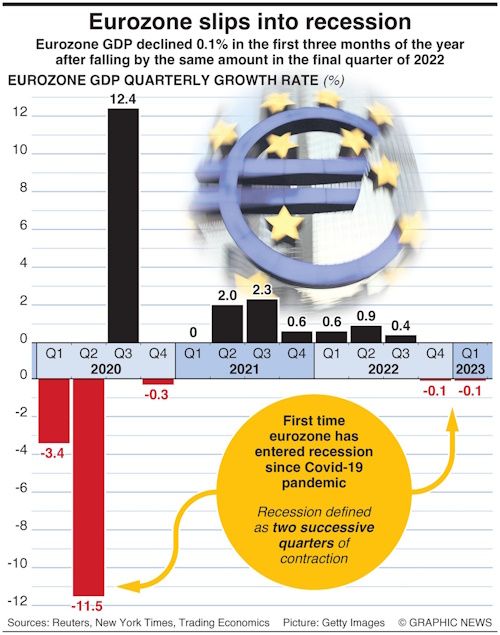
Russia has mercilessly destroyed Ukraine, punishing it for daring to align itself with the West and entertain ambitions to join NATO, a red line Moscow has consistently indicated it will not tolerate since 2008. Russia has suffered vast casualties, but its leaders insist it is in the fight for its very existence.
Ukraine's suffering cannot be measured in numbers, but the indicators are stunningly grim for a country in relative peace just two years ago, with skirmishes then limited to the country's eastern border with Russia. According to the UN High Commission for Refugees, there are nearly 5.1 million internally displaced people in Ukraine (as of May 2023). More than 6.2 million refugees from Ukraine have been recorded globally (as of July 2023), mainly throughout Europe, stalling many of those economies. And approximately 17.6 million people need humanitarian assistance in 2023.
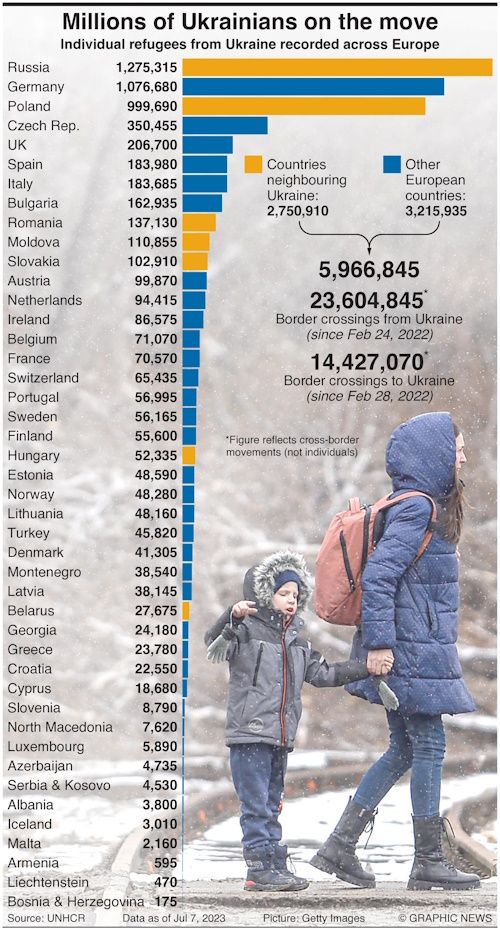
The corporate media deserves a considerable share of the blame for letting this monumental muck-up occur. Media types fell to the hubris of administration officials and falsely amplified the sound bite that Russia's attack on Ukraine was unprovoked. At Tippinsights, we have been cautioning for nearly 16 months that America had a significant hand in triggering Russian action. Had mainstream media outlets been more objective in their coverage, 500,000 soldiers would not have died, and millions more would not have been wounded. Forget us; the media outlets should have provided expert naysayers to the administration's policy, such as Prof. Mearsheimer and Prof. Jeffrey Sachs, an equal voice at the table.
The view ahead is just as grim. With winter approaching and Ukraine's brave soldiers fatigued beyond the limits of human strength as more and more die or are removed for medical treatment, Russia's multi-layered defenses are likely to hold. President Zelenskyy, who violated the cardinal rule of politics by promising more and delivering less, may have to concede that his goal of evicting all Russians to pre-2014 borders looks like a pipe dream.
As public weariness increases in the West, the only thing Washington has to show for its efforts is that Europe is more united than ever, with even Sweden and Finland becoming part of NATO. But a far-weaker Europe that is now forever dependent upon America's protection is not in the best interests of either continent. Meanwhile, Russia continues to trade with many countries with gay abandon and increase its partnership without limits with China, America's main rival.
The war is a cruel reminder that America cannot tolerate four more years of a proxy administration, with no checks and balances from the media, where various left-leaning interests are running the show with President Biden as a clueless figurehead who appears in front of television cameras, increasingly awkwardly and mired in his own legal troubles.
The world desperately needs an engaging fourth estate that returns to the golden standards of investigative journalism of the 1970s to the 1990s. The media's pivot in Ukraine may be the first step in this transition.
Rajkamal Rao is a columnist and a member of the tippinsights editorial board. He is an American entrepreneur and writes the WorldView column for the Hindu BusinessLine, India's second-largest financial newspaper, on the economy, politics, immigration, foreign affairs, and sports.
Like our insights? Show your support by becoming a paid subscriber!



